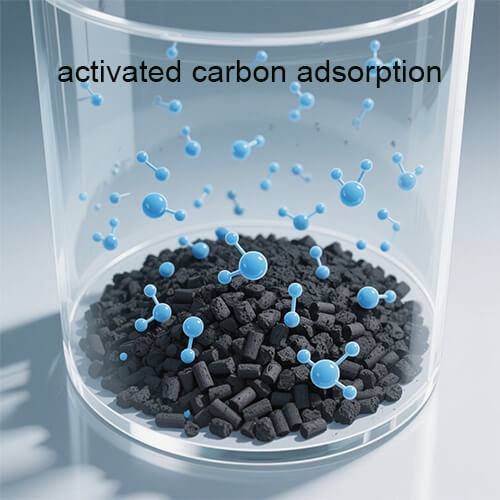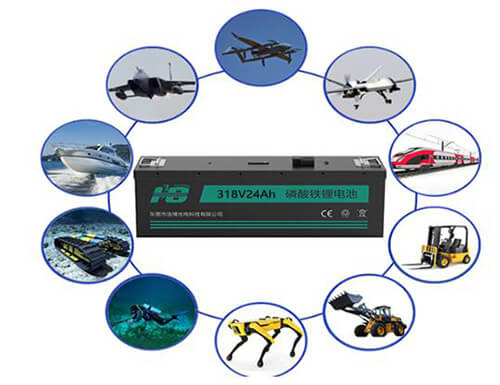
Fossil Fuel Purification
Activated carbon plays an important role in the field of fossil fuel purification, especially in the purification process of natural gas and oil. In natural gas purification, activated carbon is mainly used to remove impurities such as hydrogen sulfide, organic sulfur compounds and mercury. Through the synergistic effect of physical and chemical adsorption, activated carbon can effectively purify natural gas and improve its quality and safety. Studies have shown that the hydrogen sulfide content in natural gas can be reduced to below 4ppm after activated carbon purification, meeting the requirements of pipeline transportation and industrial use.In the process of oil refining, activated carbon is mainly used for decolorization, deodorization and impurities removal. It can effectively adsorb harmful substances such as colloids, asphaltene and heavy metals in oil, and improve the quality of oil products. In addition, activated carbon can also be used to purify oil cracking gas, remove sulfides and nitrogen oxides, and reduce environmental pollution. After treatment with activated carbon, the color of oil products can be reduced by more than 80%, and the sulfur content can be reduced to less than 10ppm, which significantly improves the market competitiveness of oil products.

Energy Storage and Conversion
Activated carbon has a wide range of applications in the field of energy storage and conversion, mainly in fuel cell electrode materials, supercapacitors and lithium-sulfur batteries. In fuel cells, activated carbon as an electrode material has a high specific surface area and good conductivity, which can effectively improve the performance of fuel cells. Electrode materials based on activated carbon can increase the power density of fuel cells by more than 30%, while reducing the use of catalysts and significantly reducing costs.
In the field of supercapacitors, activated carbon has become the preferred electrode material due to its high specific surface area and excellent electrochemical properties. By optimizing the pore structure and surface chemical properties of activated carbon, the energy density and power density of supercapacitors can be significantly improved. The energy density of supercapacitors using high-performance activated carbon electrodes can reach more than 50Wh/kg, and the charge and discharge efficiency exceeds 95%, which has broad application prospects in electric vehicles and renewable energy storage systems.
In addition, activated carbon also plays an important role in lithium-sulfur batteries. As a carrier material for the sulfur positive electrode, activated carbon can effectively inhibit the dissolution and shuttle effect of polysulfides and improve the cycle stability of the battery. The specific capacity of lithium-sulfur batteries using activated carbon-supported sulfur can reach more than 1200mAh/g, and the capacity retention rate exceeds 80% after 500 cycles, providing new ideas for the development of the next generation of high-energy density batteries.
Environmental Protection of Energy Industry
Activated carbon plays an important role in environmental protection in the energy industry, mainly in the capture and storage of CO2 and the treatment of VOCs. In terms of CO2 capture, activated carbon has become a promising adsorbent due to its high adsorption capacity and good regeneration performance. Through surface modification and pore structure regulation, the adsorption capacity of activated carbon for carbon dioxide can reach more than 5mmol/g, and it still maintains good performance after multiple adsorption-desorption cycles. This provides an effective solution for reducing emissions from large carbon dioxide emission sources such as coal-fired power plants.For VOCs treatment, activated carbon is widely used in the purification of waste gas in industries such as petrochemicals and coatings. It can effectively adsorb harmful organic matter such as benzene, toluene, and xylene, with a purification efficiency of more than 95%. By combining with other technologies such as catalytic oxidation, activated carbon can not only adsorb VOCs, but also promote their degradation, achieving thorough purification of waste gas.
Conclusion
Activated carbon plays a critical role in the energy industry, from purifying fossil fuels to enhancing energy storage systems and reducing environmental pollution. Its versatility and efficiency make it an essential solution for sustainable energy development.If you're looking for high-quality activated carbon products and customized solutions, Zhulin Carbon is here to meet your needs. Contact us today for your energy applications!

